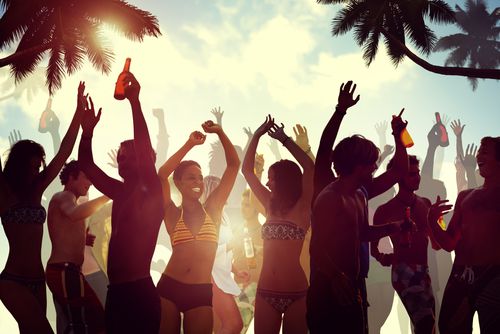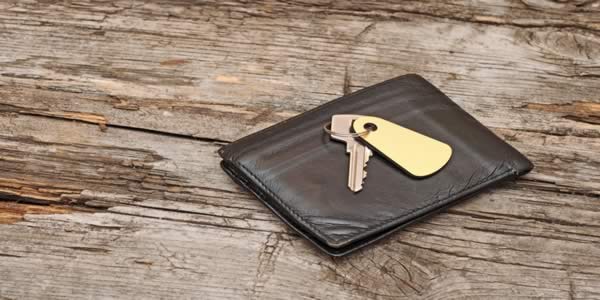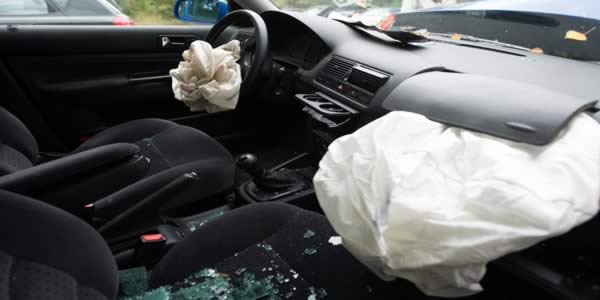As criminal defense attorneys in Charleston, South Carolina, we’ve helped people who’ve been charged with disorderly conduct in South Carolina and public intoxication charges. Many social events, such as concerts and festivals, serve alcohol to the public. Depending on how much you’ve had to drink, how you behave while you’re drinking, and where you drink, you may find yourself in the unfortunate position of getting arrested for public intoxication or disorderly conduct. Though these charges may not seem like a big deal at the time, these charges will stay on your criminal record and could cause you trouble at school, work, and other problems in the future. In this article, we pull together and explain the state law and local ordinances for the City of Charleston concerning disorderly conduct and public intoxication in South Carolina.
What is Disorderly Conduct in South Carolina & Charleston?
Under South Carolina law, public disorderly conduct is a misdemeanor that is punishable by up to $100 in fines and up to 30 days in prison. For a first offense, most judges are not likely to sentence you to both a fine and jail time. Oftentimes, judges will offer community service instead of a fine or jail time. Of course, additional offenses will increase your chances of receiving more severe penalties.
Under South Carolina law, Section 16-17-530, it is a misdemeanor to be “grossly intoxicated” in a public place or to act in a “boisterous” (obnoxious) way. South Carolina law does not define what it means to be “grossly intoxicated.” Typically, the courts interpreted “grossly intoxicated to mean intoxication that is very obvious to an observer such as a police officer. Disorderly conduct also includes:
- using obscene or profane language in any public place or gathering, or within hearing distance of a schoolhouse or church, or
- firing a gun within fifty yards of a public road while under the influence of alcohol, except upon one’s own premises.
The term “public place” means anywhere that persons can freely enter. Stated another way, a public place is anywhere you don’t have a reasonable expectation of privacy such as schools, public roads, shopping malls and stores, public parks, museums, and other places that are open to the public. Additionally, if you behave in a “disorderly” manner in a private place, but the public can see your behavior (such as shouting out obscenities from your front porch), you can still be charged with disorderly conduct.
Local Ordinances – Local city and county ordinances can make public intoxication illegal. For example, in the City of Charleston, Section 21-109 states:
A person shall be guilty of disorderly conduct if, with the purpose of causing public danger, alarm, disorder, nuisance, or if his conduct is likely to cause public danger, alarm, disorder or nuisance, he wilfully does any of the following acts in a public place:
- Commits an act in a violent and tumultuous manner toward another whereby that other is placed in danger of his life, limb or health;
- Commits an act in a violent and tumultuous manner toward another whereby the property of any person is placed in danger of being destroyed or damaged;
- Causes, provokes or engages in any fight, brawl or riotous conduct so as to endanger the life, limb, health, or property of another;
- Interferes with another’s pursuit of a lawful occupation by acts of violence;
- Obstructs, either singly or together with other persons, the flow of vehicular or pedestrian traffic and refuses to clear such public way when ordered to do so by the city police or other lawful authority known to be such;
- Incites, attempts to incite, or is involved in attempting to incite a riot;
- Addresses abusive language or threats to any member of the city police department, any other authorized official of the city who is engaged in the lawful performance of his duties, or any other person when such words have a direct tendency to cause acts of violence. Words merely causing displeasure, annoyance or resentment are not prohibited;
- Makes or causes to be made any loud, boisterous and unreasonable noise or disturbance to the annoyance of any other persons nearby, or near to any public highway, road, street, lane, alley, park, square, or common, whereby the public peace is broken or disturbed, or the public annoyed.
In some cases, our clients were arrested for disorderly conduct because they cussed at law enforcement. For starters, we emphasize that it is NEVER a good idea to mouth off to law enforcement. Not only is this disrespectful, but this type of behavior nearly guarantees that you’ll be arrested. Having said that, the constitution protects free speech including foul language. Whether the foul language rises to the level of disorderly conduct depends on whether the language may be considered “fighting words.” For example, telling a police officer “I’m gonna f$%& you up” constitutes fighting words and disorderly conduct. However, telling a law enforcement officer “F$%& YOU” aren’t fighting words. Again, your best course of action is to always be respectful even if you feel like law enforcement is treating you unfairly.
What are the Public Intoxication Laws in South Carolina and Charleston?
State Law – In South Carolina, under state law, it isn’t illegal to be just “intoxicated” in public. The law, Section 16-17-530, prohibits “gross intoxication” in public. Violation of this law is a misdemeanor that carries a fine of up to 100 dollars or up to 30 days in jail. This charge can’t be expunged from your record. Generally speaking, the difference between mere intoxication and gross intoxication is that with “gross” intoxication, the person clearly demonstrates through their behaviors and their actions that they are under the influence. State law also prohibits a person from attending “any meeting, society, assembly or congregation convened for the purpose of religious worship . . . while in a state of intoxication.” For a violation of this law, a person may be fined between $20 to $100 and/or jailed no less than 30 days but no greater than one year.
Local Ordinances – Local city and county ordinances can make public intoxication illegal. For example, in the City of Charleston, Section 21-163 states, “No person shall be intoxicated in a public place, whether such intoxication results from alcohol, drugs or other intoxicants.”
Are Your Free Speech Rights a Defense Against Disorderly Conduct Charges in South Carolina?
The answer is usually “no.” South Carolina’s courts have upheld our state’s disorderly conduct statutes and municipal codes against claims that these laws violated your constitutional right to free speech under the First Amendment. For example, the First Amendment does not protect “fighting words,” which may provoke violence or vulgar obscenities that cause may greatly upset other persons.
Charleston Lawyers for Open Container, Public Intoxication & Disorderly Conduct Charges
Though the charges of an open container, public intoxication, disorderly conduct are misdemeanors, they’re still crimes that will show up on your criminal record when you apply for a job, rent an apartment, or for any reason that someone conducts a criminal background check on you. Oftentimes, with the help of a lawyer, these charges can be reduced or even dismissed. Before you “go it alone,” contact the criminal lawyers of Futeral & Nelson for a FREE consultation to see if we can help you with these charges.












